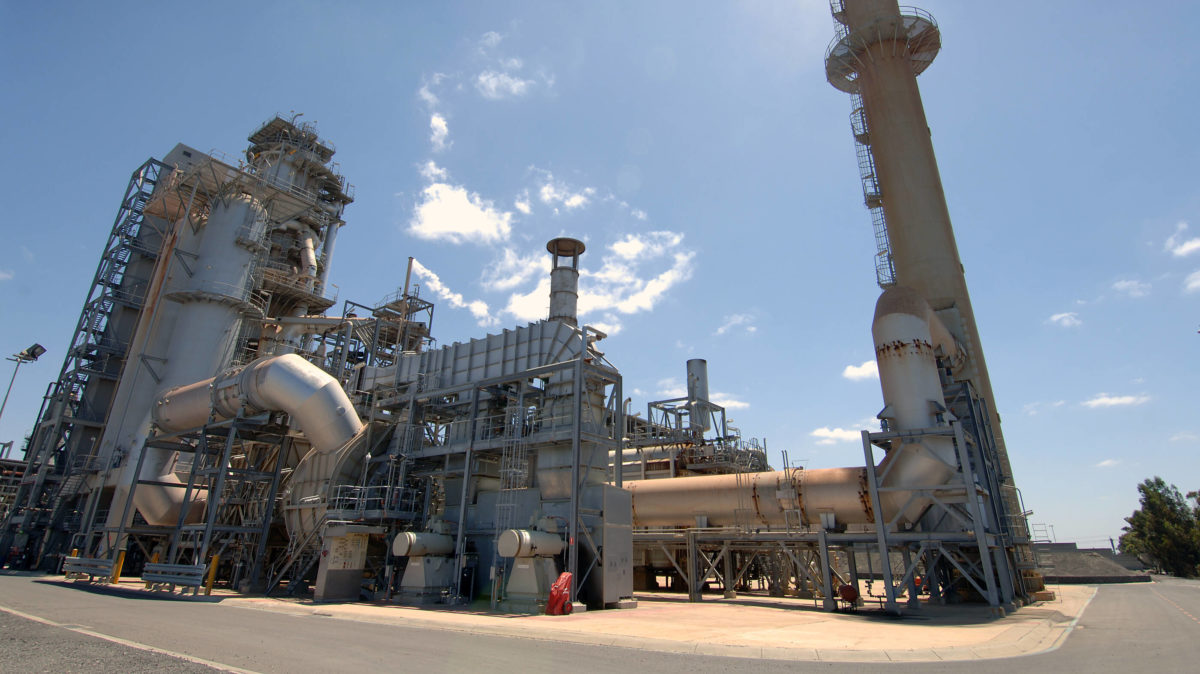Irish-headquartered hydrogen technology company Fusion Fuel confirmed on Friday it had executed a Heads of Agreement with Australia’s biggest fuel supplier to develop a renewable hydrogen production plant at Ampol’s Lytton oil refinery site in Brisbane.
While details of the project are scant, it has been confirmed it will feature Fusion’s GreenGas technology, a solar-to-hydrogen power plant which uses concentrated PV (CPV) solar modules in combination with the company’s HEVO technology, a miniaturized polymer electrolyte membrane (PEM) electrolyzer.
Reuters reported the hydrogen production test will be very small, producing only 1.5 tonnes of hydrogen from 10 units a year. Lytton already produces 30 tonnes of hydrogen a day from the oil product naphtha.
Fusion Fuel chairman Jeffrey Schwarz Fuel said the technology allows for the production of renewable hydrogen at costs comparable to fossil-fuel hydrogen.
“Early on we identified Australia as a key market for us,” he said.
“Australia’s abundance of solar energy makes it among the absolute best geographies for our HEVO-solar solution, which combines concentrating photovoltaic technology with our proprietary microelectrolyzer, allowing us to produce green hydrogen at costs comparable to grey and brown hydrogen.”
The plant is expected to be commissioned within the next 12 months and, if successful, will provide the framework to pursue renewable hydrogen opportunities in the region on a joint-venture basis.
Fusion’s announcement comes after Ampol this week revealed it would invest at least $100 million on developing new fuels over the next five years, including renewable hydrogen and increased electric vehicle (EV) charging options.
The company’s renewable strategy also includes plans to use 50% equivalent net renewables by 2030 and to reach net-zero carbon emissions at its operations by 2040. It will also team with Tesla and Enerven to pilot a virtual power plant (VPP) project at three of its petrol stations in Adelaide.
Ampol said the VPP project, featuring Tesla Powerwall batteries and up to 99 kW of solar PV modules at each of the sites, would allow it to assess potential integration of EV fast charging with solar and battery storage and test the potential for these initiatives to be scaled nationally across the company’s retail network.
Ampol chief executive Matt Halliday said the company was well positioned to develop new energy opportunities.
“We needed to do this. This is responding to a strategic issue around the energy transition and the role Ampol plays,” he said.
“We expect traditional liquid fuels to play a key role in Australia’s energy mix for years to come. However, we also know our customers’ needs are changing and they are seeking lower emissions alternatives. Accordingly, we must continue to evolve, innovate and adapt to help them deliver viable low emissions solutions for the future.”
Ampol outlined its decarbonisation strategy just days after receiving a huge support package from the Federal Government worth up to $1.1 billion over nine years, protecting it from refining losses and helping it upgrade its Lytton refinery.
The Federal Government on Monday finalised a deal that will keep Ampol’s Lytton facility going for at least another six years at a cost to taxpayers of more than $100 million a year.
Viva Energy’s Geelong plant in Victoria is also set to benefit, remaining open up until 2030 as part of the agreement designed to maintain at least some refinement capacity in Australian hands.
This content is protected by copyright and may not be reused. If you want to cooperate with us and would like to reuse some of our content, please contact: editors@pv-magazine.com.









2 comments
By submitting this form you agree to pv magazine using your data for the purposes of publishing your comment.
Your personal data will only be disclosed or otherwise transmitted to third parties for the purposes of spam filtering or if this is necessary for technical maintenance of the website. Any other transfer to third parties will not take place unless this is justified on the basis of applicable data protection regulations or if pv magazine is legally obliged to do so.
You may revoke this consent at any time with effect for the future, in which case your personal data will be deleted immediately. Otherwise, your data will be deleted if pv magazine has processed your request or the purpose of data storage is fulfilled.
Further information on data privacy can be found in our Data Protection Policy.